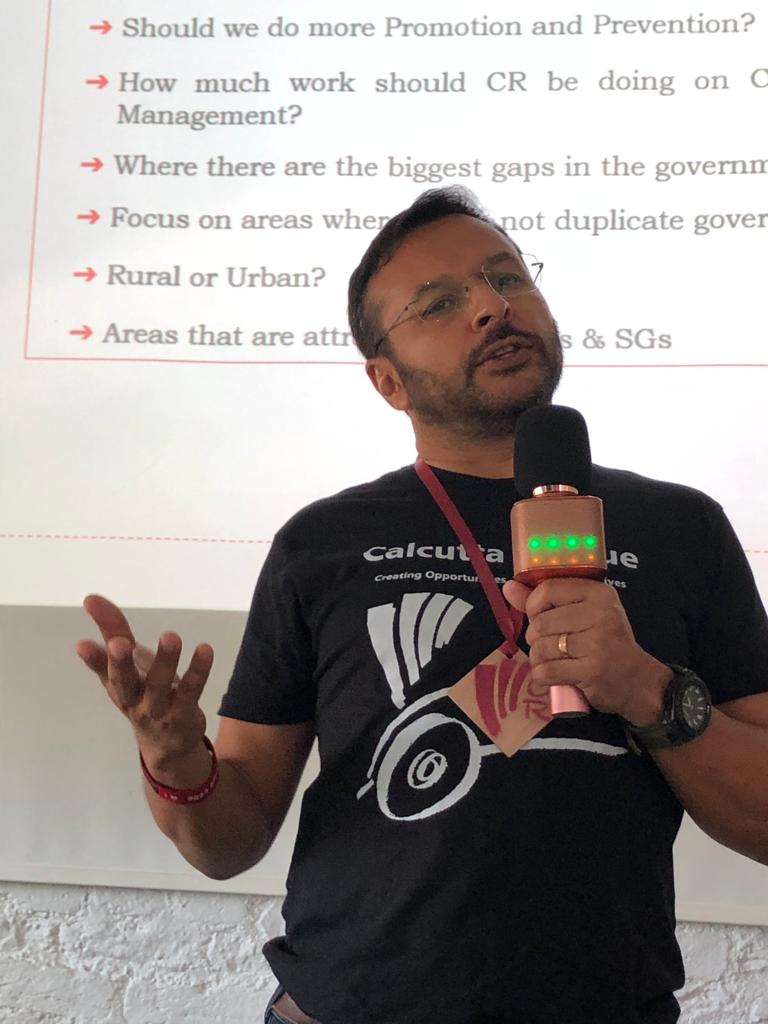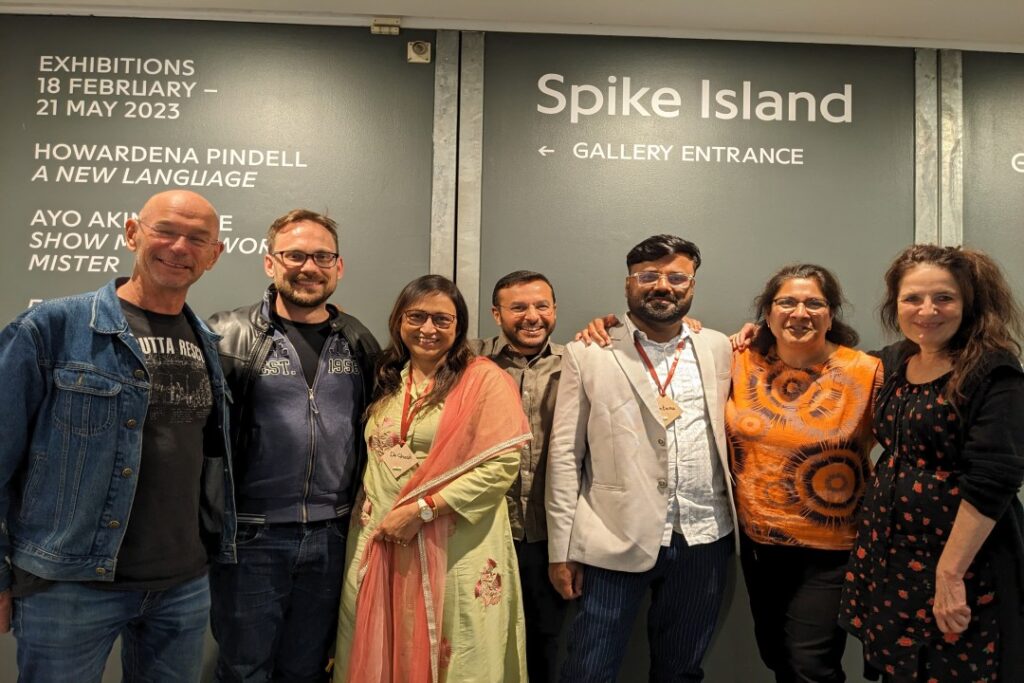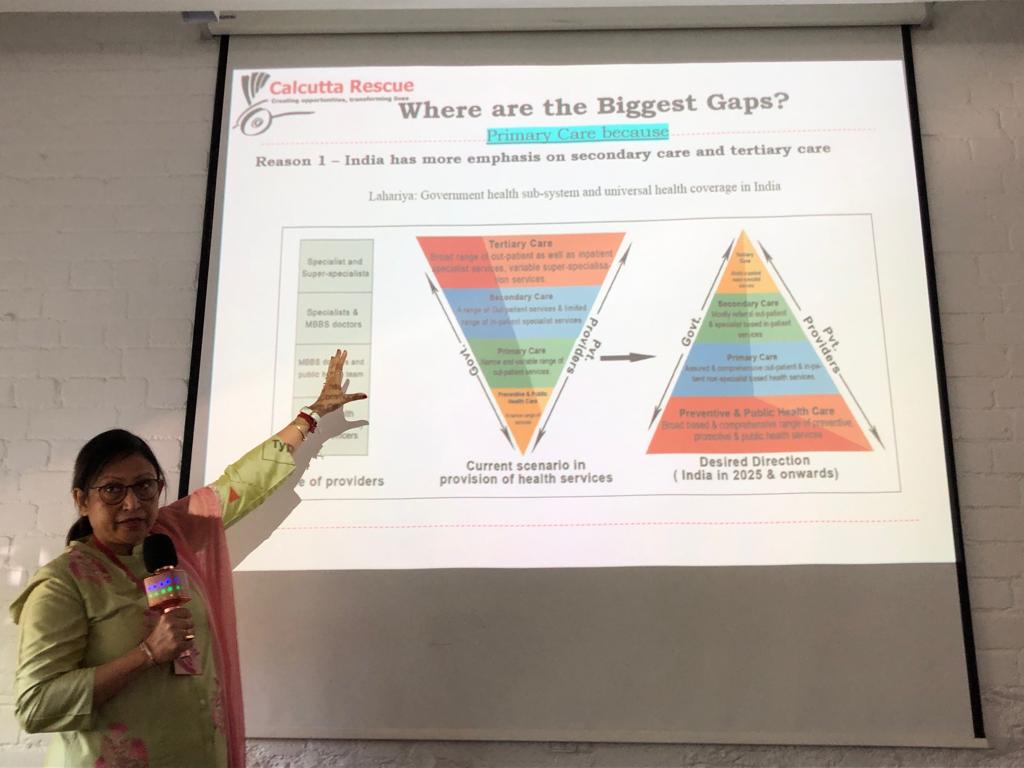
- Call us Today : +123 456 7890
- Email : [email protected]
An increased focus on primary care, health promotion and disease prevention were the centrepieces of a new medical strategy for the charity which was unveiled at its International Meeting in Bristol, UK, in May.
The strategy is the result of five months’ work by a 10-strong team which included volunteer doctors and researchers from Europe, as well as key staff in Kolkata.
Introducing the strategy, charity CEO, Jaydeep, said: “We can’t do everything, we have limited resources, where do we want to focus our efforts and resources?”

Calcutta Rescue has always worked to fill in the gaps in health provision for the poorest of the poor – so the team asked itself how can it best do that today?
Dr Ghosh, who heads CR’s medical team, explained that the healthcare landscape in India is changing fast with the government rolling out a whole range of new services.
But the provision of medical services for the poor in Kolkata still has a long way to go, with drugs often unavailable and people having to face long delays to be seen.
There is also a huge shortage of primary care services, health promotion and disease prevention in India – with the vast majority of resources going into hospitals. As a result, hospitals are the first port of call for many people – clogging up the system.
By targeting more resources for health promotion and disease prevention the charity believes it can stop many more people falling ill and either needing hospital treatment or having to become reliant on medicine to manage disease.
Through the provision of more local clinics, such as the one opened at Tangra last year, it aims to provide better primary care to more people, closer to home, and help relieve pressure on over-stretched hospitals.
Dr Ghosh explained that they also wanted to focus CR’s medical services on the most prevalent diseases and give nurses and pharmacists an increasing role in managing the clinics.

Currently at CR clinics everybody sees a doctor on each visit, but many patients with chronic conditions are there to get repeat prescriptions and don’t need to see a doctor.
This will shorten the waiting time for patients and allow doctors to spend more time with those who really need their expertise.
Where good quality government services are available for free, CR will always refer people there to ensure that the charity doesn’t duplicate services and only uses its resources where they are really needed.
Jaydeep said the plan was not revolutionary, but would be building the original vision of Dr Jack and the work that CR had been pioneering for years.
Now that the strategy had been approved by the charity’s Governing Council he said it would take about a year to draw up a detailed implementation plan and start reorganising services to align with the strategy.

